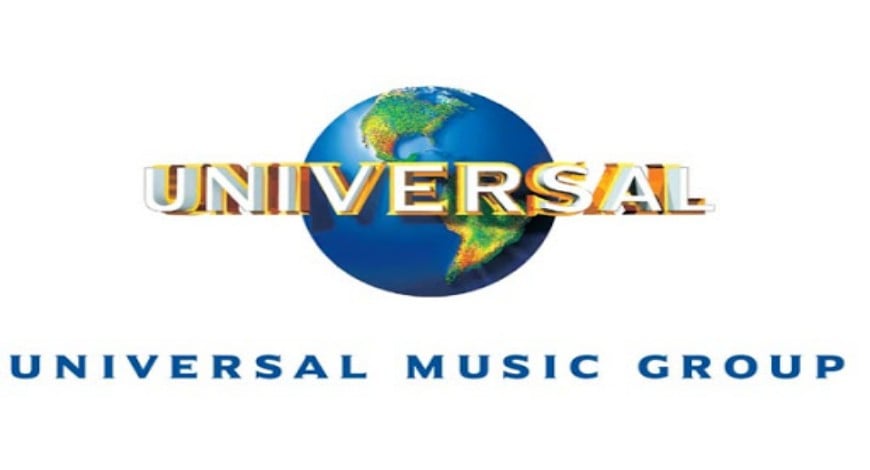Universal Music Group’s plan to pull its extensive catalog of songs from TikTok has sparked a major dispute over payment terms and raises questions about the relationship between the music industry and social media platforms.
The breakdown in negotiations between Universal Music and TikTok comes as the social media giant seeks to secure licensing agreements with major music labels to continue featuring their songs on its platform. Universal Music, one of the world’s largest music companies, controls an extensive catalog that includes music from some of the biggest artists globally, such as Taylor Swift, The Weeknd, and Drake.
According to reports, Universal accused TikTok of attempting to pay only a “fraction” of what other social media platforms pay for access to its vast array of songs. The label claims TikTok is seeking to build a music-based business without offering fair compensation for the use of music. This dispute reflects broader challenges within the music industry as it navigates the evolving landscape of digital platforms and streaming services.
TikTok, owned by Chinese company ByteDance, is a platform known for its short-form videos, often featuring popular music as a central component. The app has become a significant force in the music industry, propelling songs to viral status and boosting artists’ visibility.
Universal Music, controlling about a third of the world’s music, issued an “open letter to the artist and songwriter community,” explaining its decision to cease licensing its content to TikTok when the current contract expires on January 31. The label emphasized its commitment to securing fair compensation for its artists and songwriters. Additionally, Universal expressed concerns about “protecting human artists from the harmful effects of AI” and ensuring online safety for TikTok’s users.
While TikTok is a platform with over a billion users and substantial influence, it constitutes only around 1% of Universal’s total revenue. Despite its significant user base, TikTok’s contribution to Universal’s overall financial picture appears relatively modest. However, the dispute is more about principles, standards, and the value assigned to music in the digital age.
This development marks the first time Universal Music has taken such a drastic step of removing its songs from a major technology platform. The move underscores the challenges music labels face in negotiating fair compensation from digital platforms that benefit from featuring their content.
The music industry’s landscape has undergone substantial transformations with the rise of streaming services and social media platforms. While these platforms provide artists with unprecedented exposure and new revenue streams, they also introduce complex issues related to fair compensation and control over intellectual property.
Universal’s decision to pull its catalog from TikTok might prompt other major labels to reconsider their agreements with the platform or demand more favorable terms. The relationship between music labels and tech platforms is delicate, as both sides seek to benefit from the massive reach and engagement these platforms provide.
TikTok responded to Universal’s decision, stating that the label was prioritizing greed over the interests of artists and songwriters. TikTok argued that, despite Universal’s claims, the platform serves as a powerful promotional and discovery tool for talent, reaching over a billion users globally.
This dispute highlights the ongoing challenges in negotiating licensing agreements between traditional music labels and digital platforms. The music industry has experienced significant shifts over the past two decades, moving from physical sales to digital downloads and, more recently, to streaming services and social media. Navigating this evolving landscape requires establishing fair compensation models that balance the interests of artists, labels, and the platforms that distribute their content.
As the music industry continues to adapt to the digital era, such disputes are likely to become more common. The tension between traditional business models and the innovative approaches of digital platforms will shape the future of how music is created, distributed, and monetized.
Read More: Exploring What We Know About Star Trek 4
